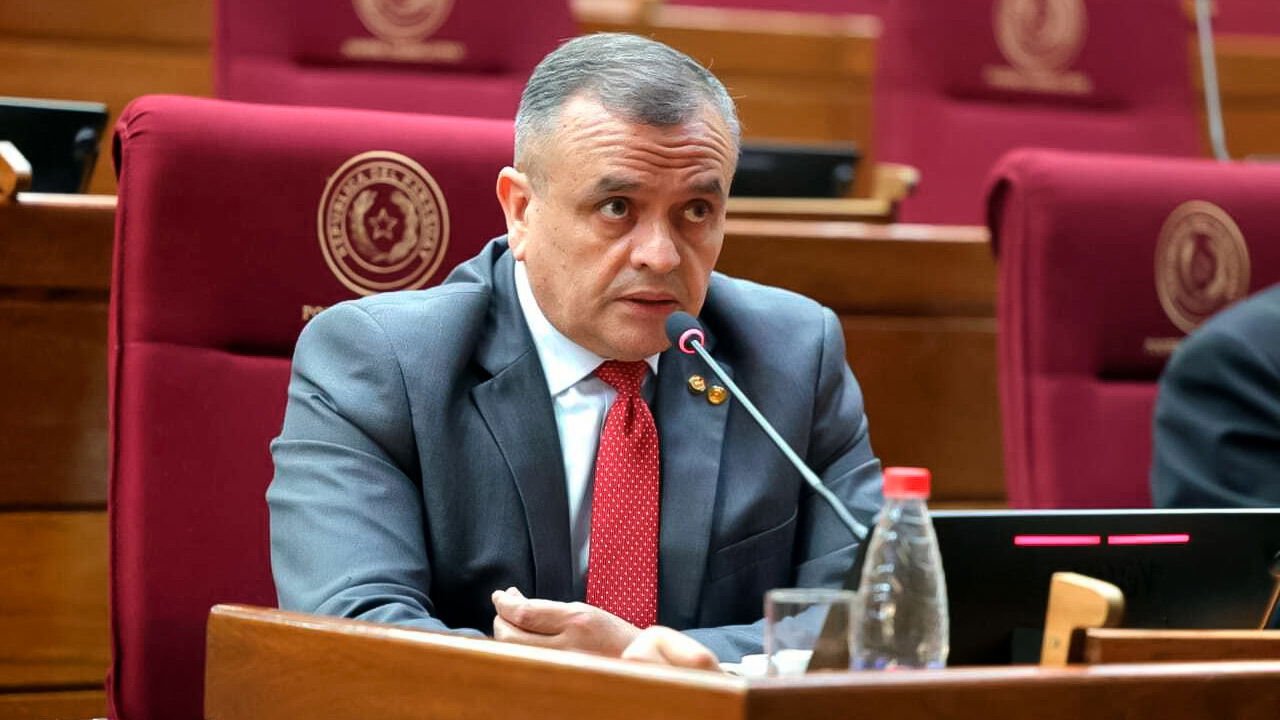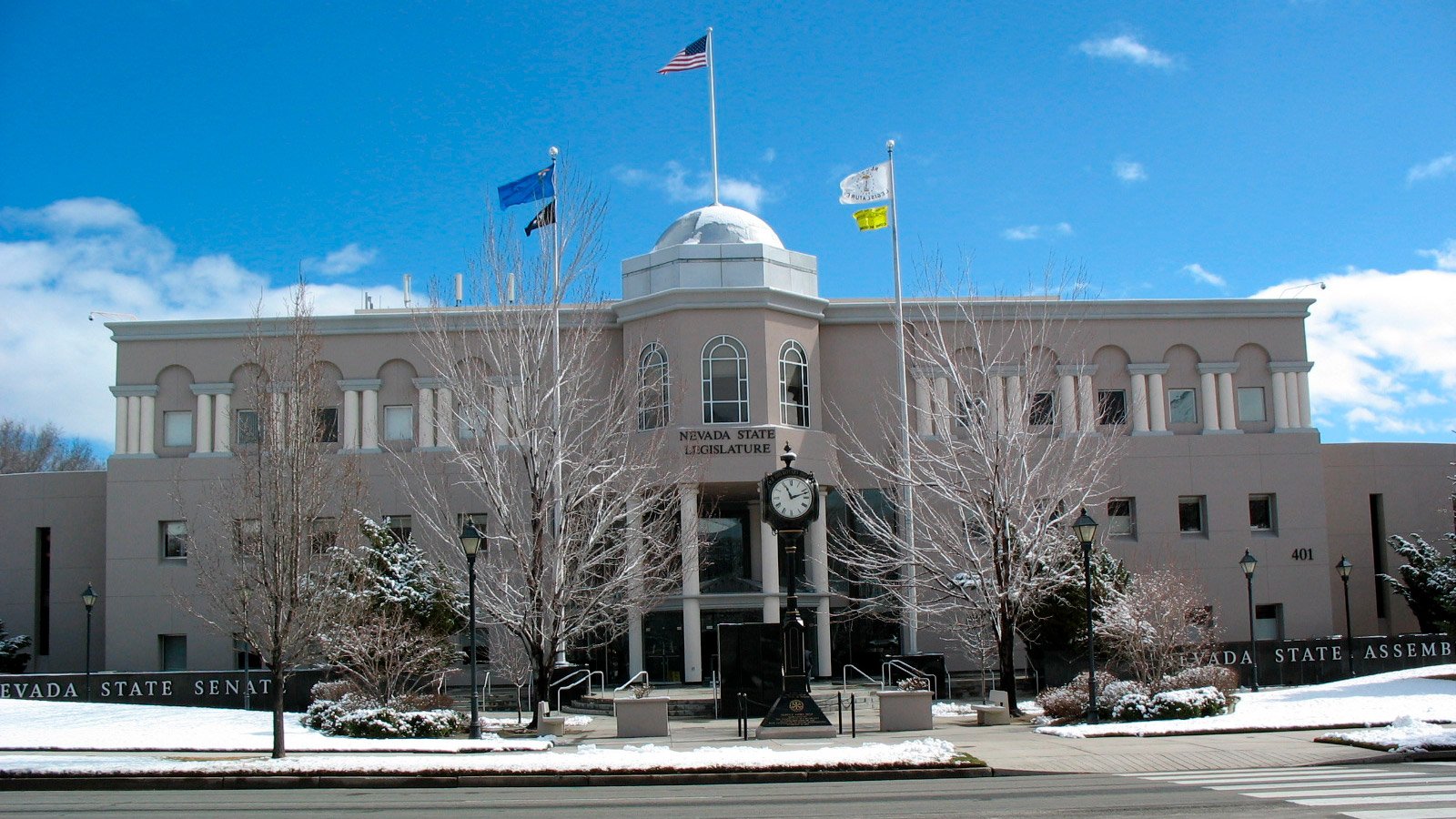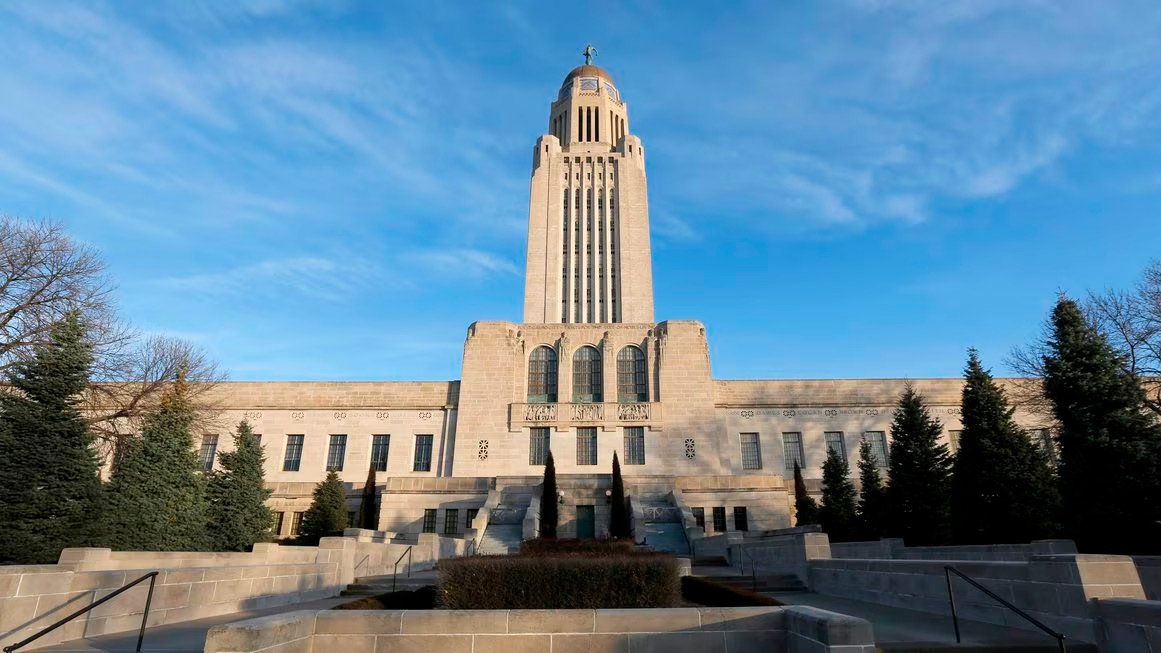Paraguay: President Santiago Peña promotes bill to "free gambling" and "remove legal monopolies"

A few days ago, the Executive Power of Paraguay submitted a new bill to the Chamber of Deputies which modifies and extends the Gaming Law 1016/1997. The document bears the signatures of President Santiago Peña and the Minister of Economy, Carlos Fernández Valdovinos.
While some points of the initiative of the National Government had already been made known, such as the transfer of the National Gaming Commission (Conajzar) to the National Tax Revenue Directorate (DNIT) to improve the entity's collection, now all the proposals and modifications were made public.
The private sector was optimistic about the new bill since, unlike other proposals that were sent to Congress, in this case, it would be approved quickly, since the Executive has a majority in both chambers.
Minister Carlos Fernández Valdovinos
"The time has come to rationalize and make Conajzar more efficient, in the sense that its mandates and powers of competence are effectively fulfilled in practice," the text states.
In this line, the authors highlighted the "success" in tax collection in Paraguay since the creation of the DNIT in 2023, which they hope to replicate in Conajzar with these reforms.
According to what they explained, depending on this directorate will allow the gaming regulatory entity to have 800 inspectors, as well as legal, inspection, and control departments.
"This is very good for the industry here in Paraguay because Conajzar will be endowed with a structure it never had before since at present there are only seven officials for audits," explained Lorena Rojas, head of the Association of Gaming Operators (APOJA), in a statement to Yogonet.
"That is why we are overwhelmed with illegal gambling," he warned and emphasized "the great possibilities" that the industry will have to make progress in terms of control and monitoring of illegality.
Carlos Liseras, President de Conajzar
In addition, Peña's initiative establishes the call for bids for several sports betting and betting pool concessions and sets a minimum of three. This means that there is no cap, which differentiates it from the previous bill that mentioned up to three licenses.
According to the document, "the legal model foreseen in the present project proposes a liberalization of the gambling market, removing the legal monopolies existing until now; both for games at national, departmental and municipal levels."
"This will open up the market. I believe that gaming will finally gain momentum," added Rojas.
Likewise, the new legislation foresees not only organizational but also market modifications, "adapting to the new needs of the gambling ecosystem" and to technological changes. Therefore, it is proposed to regulate online gambling and betting.
Finally, the authorized games are as follows: casinos, lotteries, draws, bingo, pool, chance, electronic games of chance, sports betting, horse racing, telebingo, online casino, Quiniséis, and Lotto.

















































